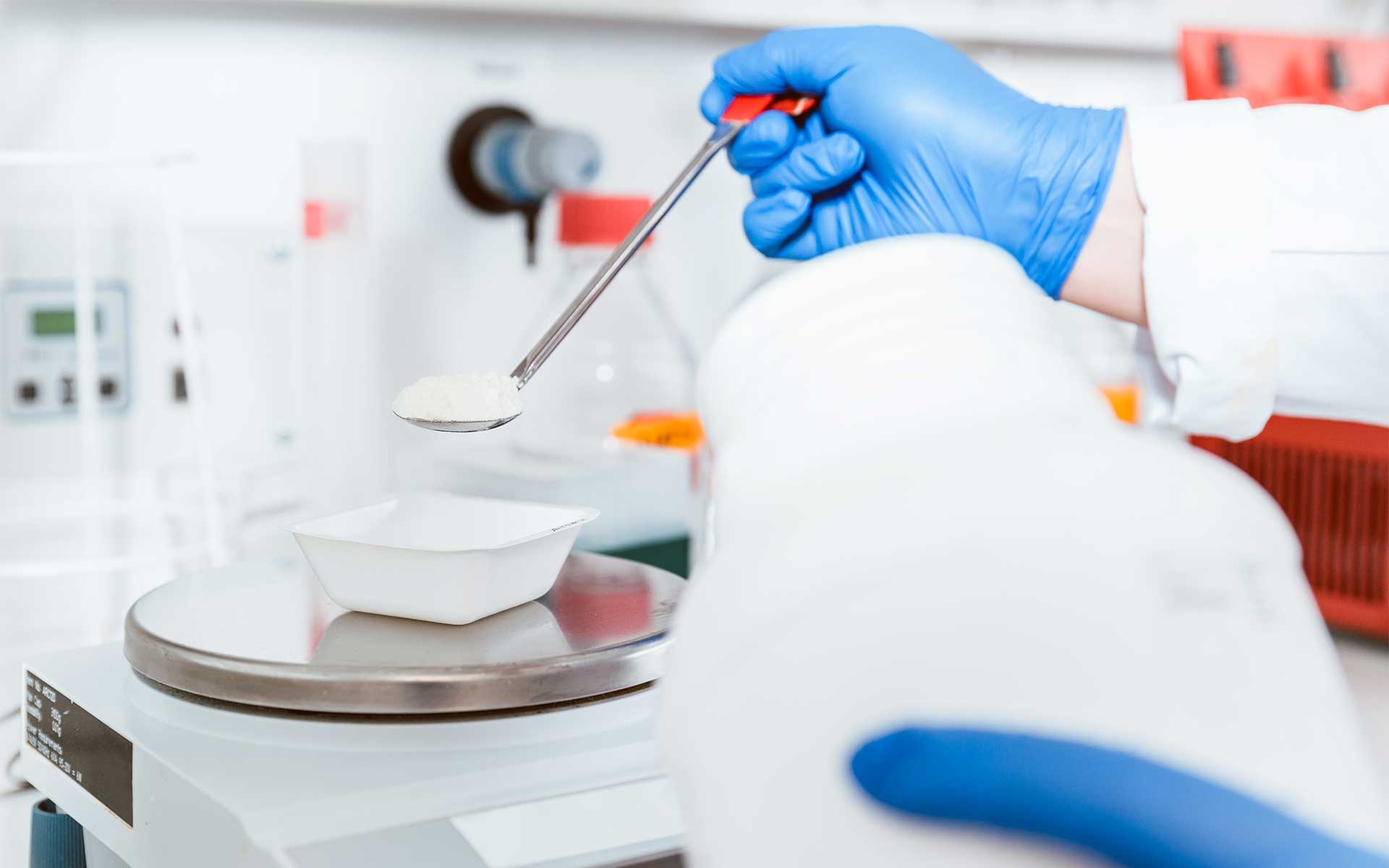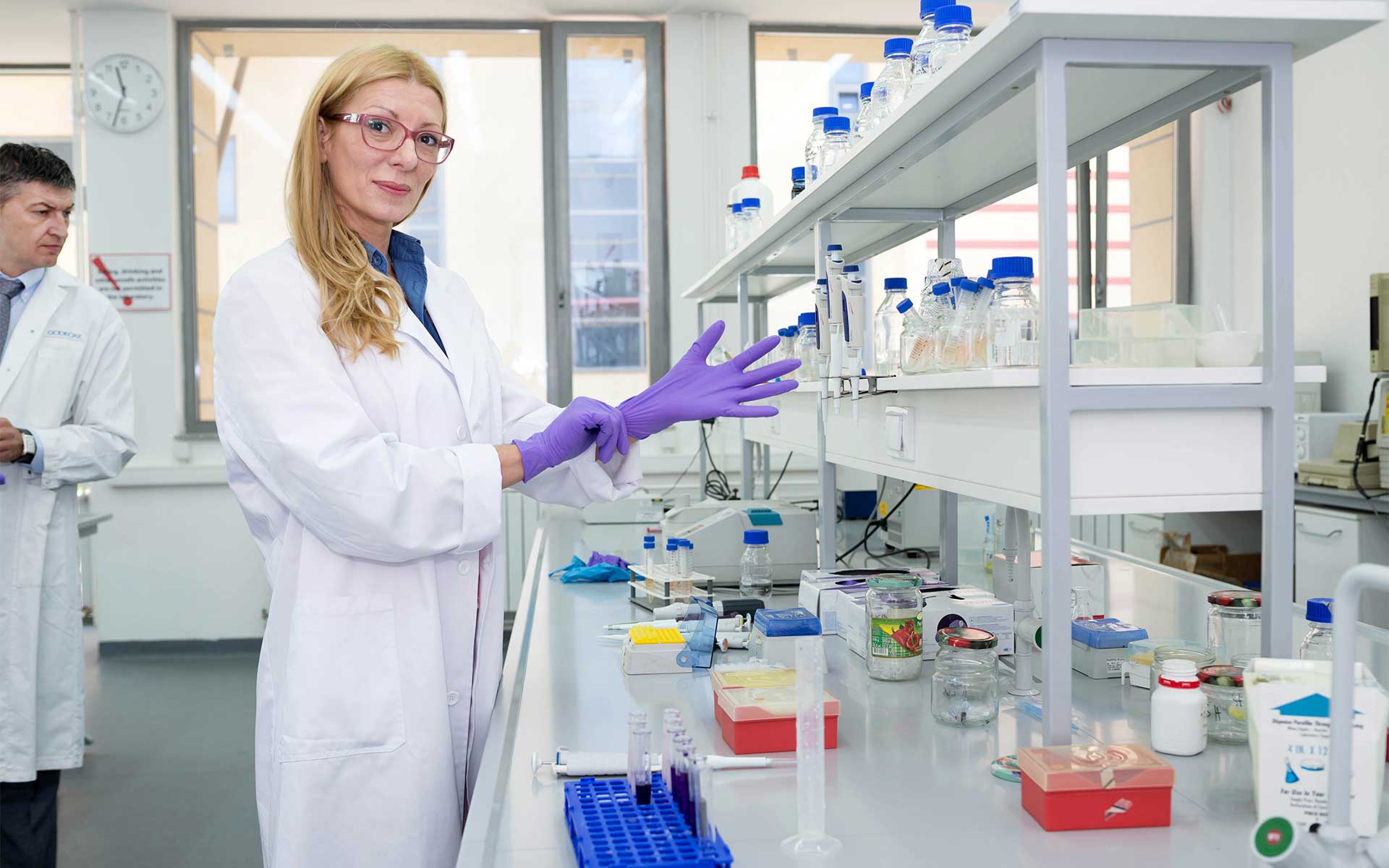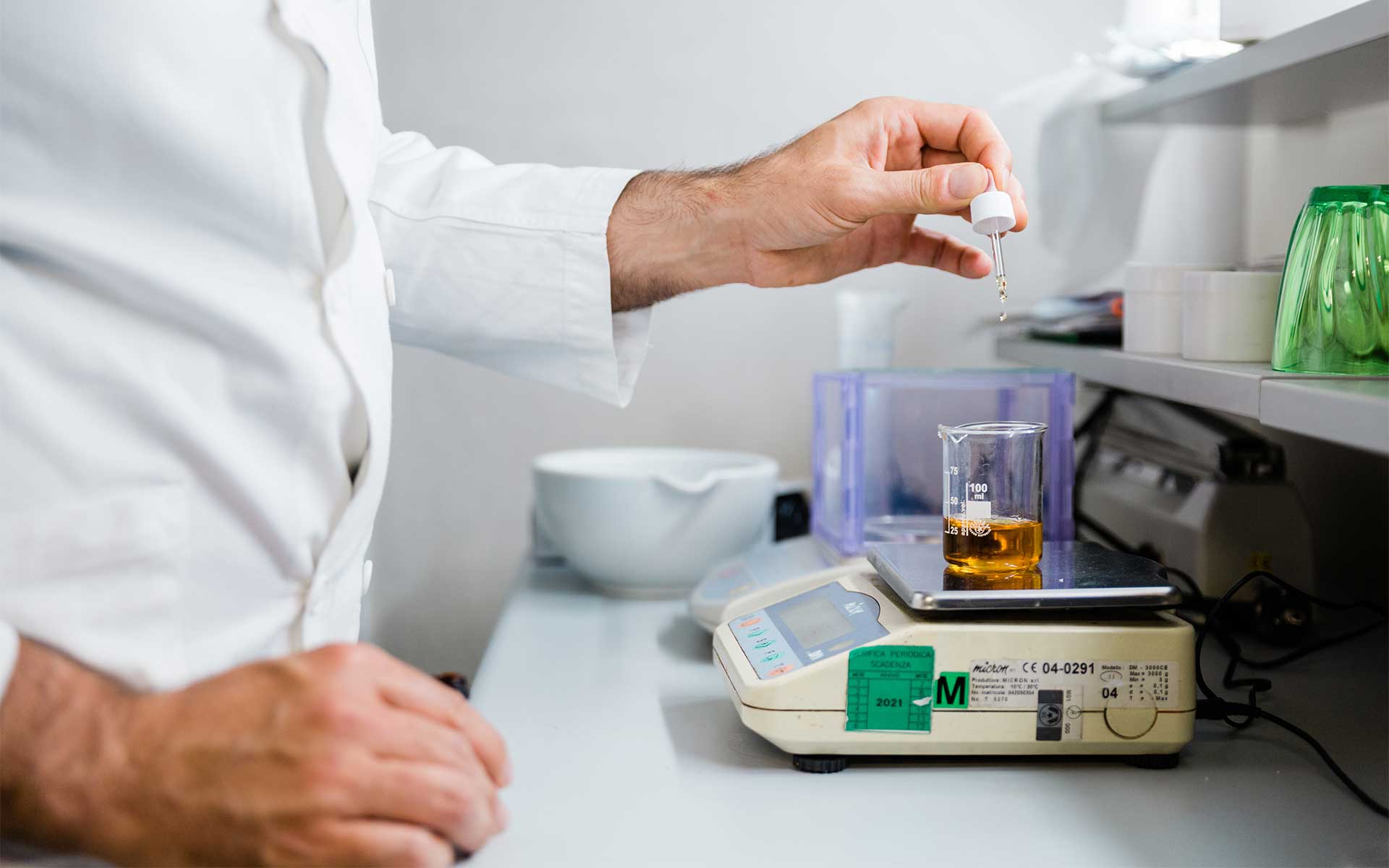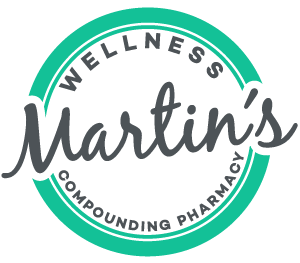A Day in the Life of the Compounding Pharmacist

There are times when physicians require the skills of a special type of pharmacist to fill a prescription not readily available at traditional pharmacy locations, so they turn to the unique services offered at compounding pharmacy locations.
Today’s blog post details everything you need to know about compounding pharmacists and how their skills differ from regular pharmacists. This comprehensive look at compound pharmacists will provide a unique insight into the world of compounding medicines, including the topics below, to demonstrate how compounding pharmacy-formulated medications can fill the gaps left by one-size-fits-all medications.
What is a Compounding Pharmacy?
A traditional or “local” pharmacy is a store where prescription medications are dispensed and sold. Pharmacies in the U.S. are common and found in corner drug stores, like CVS, and major grocery stores, which makes filling commercially produced medications prescribed by a doctor convenient and easy.
However, there are times when a patient needs a specially-formulated medicine unavailable at a local pharmacy, so compounding pharmacies bridge the gap. Compounding pharmacies are a specific type of pharmacy that provides a unique service not offered by traditional pharmacies. In fact, out of the approximately 56,000 community-based pharmacies in the US, only about 7,500 of them specialize in compounding services.
A certified compounding pharmacy is staffed with extensively trained pharmacists and experts in the ancient art of mixing, preparing, and packaging compounded medications. Therefore, it’s much more than a simple prescription drop-off/pick-up operation - it’s a personalized experience guided by the principles of specifically addressing individual health concerns through specially formulated medications using innovative compounding pharmacy methods. In essence, a compounding pharmacy provides specially prepared and customized medications unavailable commercially to meet the specific needs of the individual.
Importance of Compounding Pharmacies


Modern wellness compounding pharmacies use the latest information and technology to research, formulate, and create the most sophisticated compounding recipes. These recipes are unique, so the role of a pharmacist in compounding is to collaborate with prescribers and doctors to research and create unique formulations that meet a patient's individual needs.
A compounding pharmacist can create customized solutions that may contain multiple drugs or alternative dosing strategies specific to a patient. A few examples include:
- • Creating customized dosages and strengths not available on the market or to match a person’s specific weight and size.
- • Combining multiple medications into one single dose.
- • Creating allergy-free medications by removing or swapping out inactive ingredients (i.e., lactose, preservatives, dyes, etc.).
- • Compounding pet medications with tasty flavors into treats or liquids that appeal to the animal's taste buds.
What is the Role of a Compounding Pharmacist?
What is a compound pharmacist, and how do they differ from a traditional pharmacist? A compound pharmacist is an extensively trained expert in the ancient art of mixing, preparing, and packaging specially designed medications. For example, most mass-produced formulas are only available in one or two forms, like a capsule or liquid. However, a compound pharmacist can formulate the same prescription in an alternate form to meet a patient’s specialized dosing requirements.
Therefore, the role of pharmacists in compounding medications is to create safe and effective individually formulated prescription solutions to meet needs that commercially and mass-produced medications cannot. All certified compounding pharmacies must adhere to standards the United States Pharmacopeia sets, providing customers the peace of mind that they will always receive safe, high-quality formulations.
What Does a Day in the Life of a Compounding Pharmacist Look Like?


Although all pharmacists are responsible for safely dosing and filling prescription medications, a day in the life of a pharmacist working in a compounding laboratory is unique in that they mix and prepare unique and specialized compounded formulas unavailable in traditional local pharmacies - rather than just measure dosages to fill prescriptions.
Daily Routine
Each day, a compounding pharmacist focuses on creating customized medications for people and animals that overcome many of the limitations mass-produced formulations present. Some issues a compounding pharmacist can solve with custom formulations include offering personalized dosage requirements, preservative-free processing, or specialized flavor enhancements.
Patient Consultations
A day in the life of a pharmacist includes plenty of patient consultations, which are critical to offering guidance and instruction on how to medicate properly. A compound pharmacist spends a great deal of time consulting with patients, doctors, and other healthcare providers to deliver a truly personalized experience guided by the principles of specifically addressing individual health concerns through specially formulated prescription solutions.
Compounding Medications


Although compounded medications are not FDA-approved for mass distribution, a certified compounding pharmacy relies on pharmacy specialists trained in the art of compounding. These compounding professionals use a unique combination of ancient medicinal art methods, the latest medical knowledge, and state-of-the-art technology to create safe and customized prescriptions regulated by state boards of pharmacy.
The process generally involves the following steps:
- • Receive a prescription request from a doctor or other healthcare provider and verify for accuracy.
- • Define and clarify the problem the compounded formulation addresses.
- • Conduct research necessary for formulation design.
- • Ongoing consultation with development teams, including clinical and technical pharmacists, formulation scientists, and prescribing clinician(s).
- • Once the formulation is designed and approved for quality assurance, the product is made and documented.
Continued Learning and Professional Development
Continuing education is critical to all pharmacists as improvements in the pharmaceutical treatment of patients continue to advance. Therefore, a day in the life as a pharmacist usually involves plenty of researching the latest news and studies and sharing/discussing this information with other professionals within the medical and pharmaceutical communities.
Martin’s Wellness Austin Compounding Pharmacy
Martin’s Wellness is a Central Texas-based compound pharmacy and wellness center committed to a personalized approach to whole health, including compounding high-quality medications. We have faithfully served the Austin and Dripping Springs communities with traditional prescriptions, specialized compounded medications, and an extensive line of professional-grade nutritional supplements to address total wellness for over 20 years, including functional medicine consultations and complete medication management.
